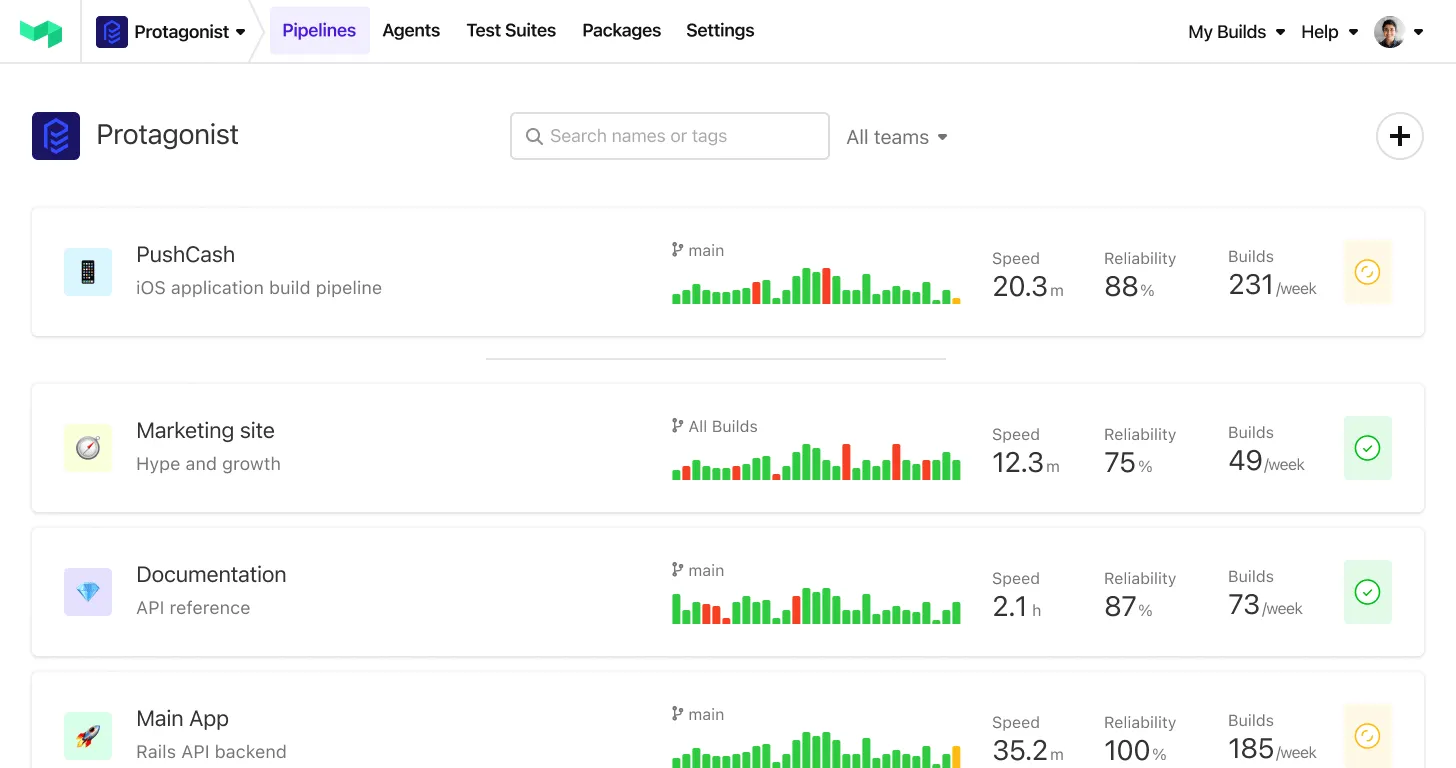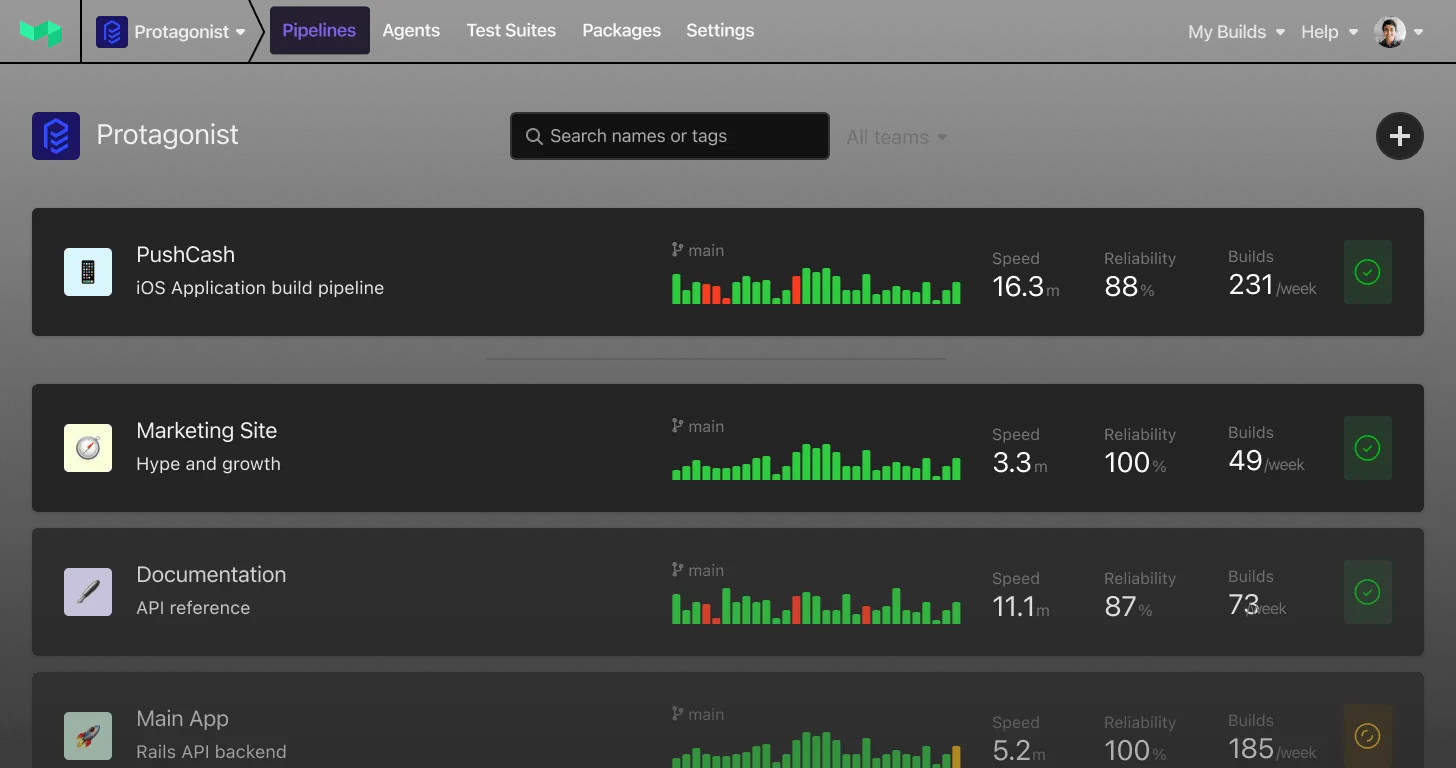Integration and Ecosystem
Both GitHub Actions and Jenkins offer different approaches to connecting with external tools and services. GitHub Actions links natively with GitHub's platform, while Jenkins brings broad compatibility through its plugin system. These integration options shape how each tool fits into existing development workflows.
Github Actions
- Native integration with GitHub repositories, issues, pull requests, and other GitHub features.
- Actions Marketplace provides thousands of pre-built workflows and actions.
- Simplified integration with GitHub-specific events and triggers.
- Limited integration with non-GitHub systems without custom actions.
Jenkins
- Requires separate integration with GitHub or other version control systems.
- Extensive plugin ecosystem supporting virtually any tool or service.
- More flexible integration capabilities with both cloud and on-premises systems.
- Strong support for complex, heterogeneous environments.
Configuration and Setup
Setting up a CI/CD platform shapes how teams write, test, and ship code. GitHub Actions and Jenkins take different paths to configuration - one focuses on simplicity through YAML files, while the other offers deep customization through server-side settings.
Github Actions
- Workflow configuration via YAML files stored in the repository.
- No server setup required; uses GitHub's infrastructure by default.
- Self-hosted runners available but optional.
- Quick setup with minimal configuration for standard workflows.
Jenkins
- Requires server provisioning and maintenance.
- Configuration through web UI or Jenkins Configuration as Code (JCasC).
- Pipeline definitions in Jenkinsfile using Groovy-based syntax.
- More complex initial setup but offers greater control.
Scalability and Performance
CI/CD platforms must handle varying workloads - from small teams to large enterprises. GitHub Actions and Jenkins take different approaches to managing resources and processing builds. GitHub Actions uses a cloud-first model with built-in resource management, while Jenkins offers a self-managed infrastructure approach. These differences impact how each platform handles concurrent builds, resource allocation, and overall system performance.
Github Actions
- Automatically scales resources based on workflow needs.
- Concurrent jobs limited by GitHub plan.
- Parallel execution of matrix builds across different environments.
- Limited by GitHub's infrastructure unless using self-hosted runners.
Jenkins
- Highly scalable through master-agent architecture.
- Can distribute workloads across multiple agents.
- No inherent limits on concurrency (limited only by available hardware).
- Better suited for large-scale enterprise deployments with heavy workloads.
Cost and Resource Management
Money matters in CI/CD tool selection. GitHub Actions and Jenkins represent different approaches to pricing and resource usage - one follows a consumption-based model while the other needs upfront infrastructure investment. Understanding these differences helps teams pick the right tool that matches their budget and operational needs.
Github Actions
- Free tier: 2,000 minutes/month for private repositories, unlimited for public repositories.
- Pay-as-you-go pricing for additional usage.
- No infrastructure costs if using GitHub-hosted runners.
- Potential for higher costs with heavy usage in private repositories.
Jenkins
- Free and open-source software.
- Infrastructure costs for servers and maintenance.
- No usage-based fees.
- Total cost of ownership includes hardware, maintenance, and administration time.
Security and Compliance
Both GitHub Actions and Jenkins offer security features that protect code, infrastructure, and deployment processes. GitHub Actions integrates security directly into the GitHub platform, while Jenkins provides extensive customization for security controls. The choice between them often depends on your organization's security requirements and regulatory obligations.
Github Actions
- Secrets management integrated with GitHub repository.
- Environment protection rules for production deployments.
- OIDC support for cloud resource access.
- Limited audit capabilities compared to Jenkins.
Jenkins
- Granular access control and authorization strategies.
- Comprehensive audit logging.
- Can be deployed in air-gapped environments.
- More suitable for high-compliance environments (with proper configuration).
- Requires careful security hardening and regular updates.


